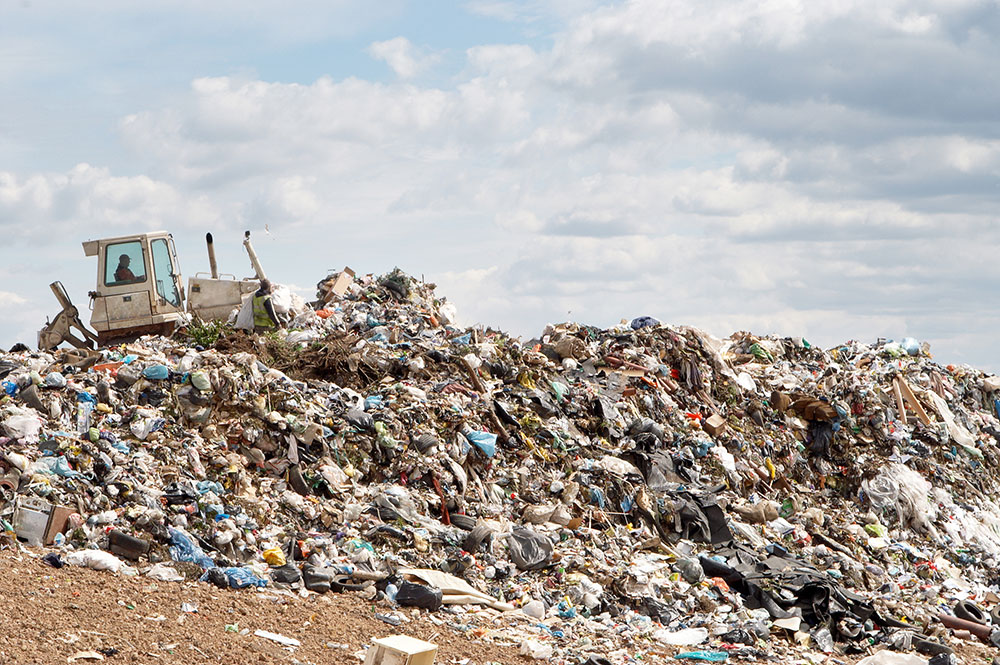
In the Ancient World
Archaeologists have found evidence of landfills in Crete dating to approximately 3000 BC. By 500 BC, the government of Athens had devised a municipal waste disposal program, the first of its kind in the Western world.

While many ancient civilizations engaged in forms of recycled by reusing items for the sake of efficiency and practicality, the earliest recorded instance of formalized recycling dates to 400 BC when the early Byzantines began to recycle glass. Later, the Romans recycled bronze, transforming coins into statues in order to increase their value.
In the Premodern Era
In 1031, the Japanese created an advanced recycling program for paper. Following early advancements in the Western world, the state of waste disposal and recycling stagnated and then declined as societies collapsed during the Middle Ages. For instance, between the 12th and 14th centuries, waste disposal in London consisted of “rakers” who collected waste from the streets and dumped it in the Essex marshes.
In the Modern Era and Today
By the early 1800s, an informal recycling system had emerged in Britain; “toshers,” “mud-larks,” and “dustmen” made their living via various methods of waste re-purposing. Then, in 1875, a Public Health Act brought waste collection under the jurisdiction of the state. Women and children sorted the contents of the new dustbins, much of which was returned to merchants or otherwise reused.
Although the large-scale manufacturing of the Industrial Revolution produced waste at a scale never before seen, it also brought technological advancements–like grinders and compaction trucks–to the waste industry.

The hardships of the early-mid 1900s lead to a rise in reclamation and recycling. However, there was little concern for the environment and landfills were the primary method of disposal. It was not until the 1970s that widespread environmental activism brought about an up-tick in recycling efforts. For the first time, recycling became a moral imperative rather than an economic decision.

Since then, waste and recycling programs in the developed world have continued to evolve. Increased regulation and sorting, recycling targets, and landfill redesigns are among the ways governments have attempted to ameliorate the situation. There have also been attempts to stem off waste creation at the source through packaging restrictions placed on manufacturers. These efforts are likely to continue in the future, with the planned addition of pay-as-you-throw schemes for individuals and households in many countries.
